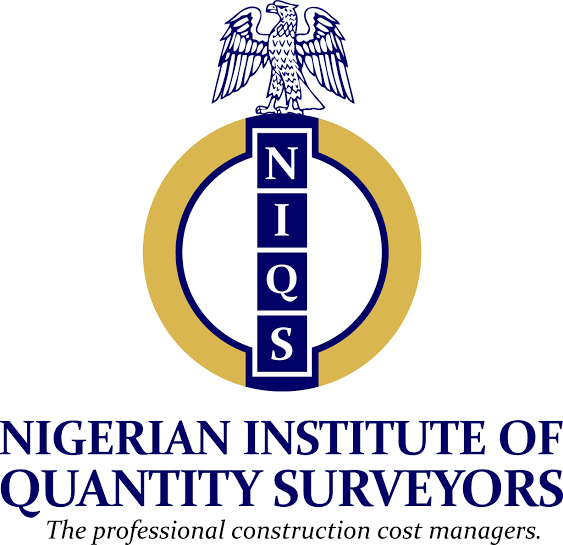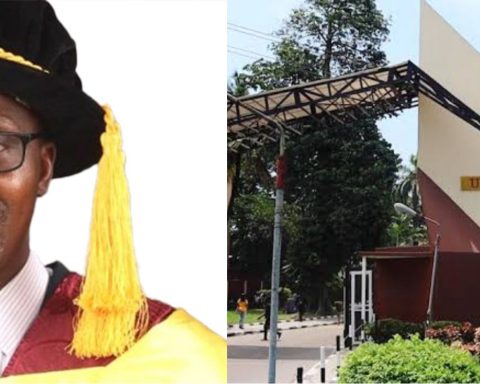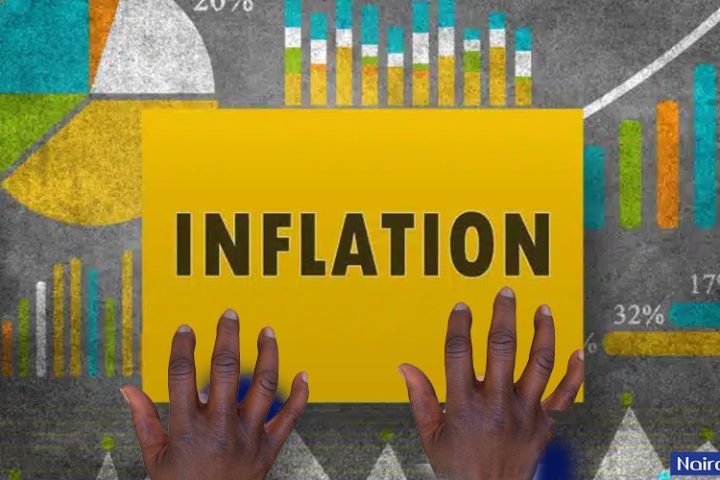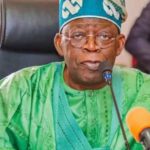NIQS Urges Government to Cut Down on Governance Costs
The Nigerian Institute of Quantity Surveyors (NIQS), has called on the government to reduce the cost of governance in the country.
This appeal was made during the 16th annual lecture series themed “Nigeria’s Economic Policies: Effects, Challenges, and Strategies for Sustainable Economic Stability,” held recently in Lagos.
Join our WhatsApp ChannelEssential Reforms
Former Lagos Chapter Chairman of the NIQS, Olujide Oke, emphasised the importance of reviewing the cost of governance in Nigeria.
He stated, “Reducing unnecessary spending is crucial to allocating resources effectively. We need to cut down on ostentatious living and excessive spending by our officials.
This will enable us to redirect funds towards creating value and investing in infrastructure and capital projects.”
Oke also encouraged the younger generation to seize opportunities despite economic challenges. “I urge the young generation to take advantage of opportunities despite the economic challenges.
Don’t let the economic situation hold you back. Please take advantage, and do not say that because the economy is bad, there are ways to make a positive impact and create value,” he added.
Government Sacrifices
The keynote speaker, Chairman of the Presidential Committee on Fiscal Policy and Tax Reforms, Taiwo Oyedele, also underscored the need for minimising governance costs.
He asserted, “The cost of governance needs to be as minimal as possible, especially because the government needs to set examples. If people are being asked to make sacrifices, the government also needs to make sacrifices.
However, if everyone in the government today decides not to collect one naira, Nigeria will still be a poor country.”
Oyedele highlighted the fiscal constraints and the unintended consequences of current policies, including the rising cost of living and social risks.
He suggested, “On the way forward, I advocate for a new national fiscal policy that emphasises private sector collaboration and improved policy coordination. We must harness the innovative potential and efficiency of the private sector to enhance public projects and economic growth.
Implementing evidence-based policies is crucial for maximizing their effectiveness, as they are grounded in reliable data and research.”
Strategic Fiscal Policy
Oyedele continued to emphasise the importance of continuous assessment and monitoring to ensure the success of policies. “Continuous outcomes, impact assessment, and monitoring are necessary to track the progress and success of these policies.
Creating an enabling environment where businesses can thrive and economic activities are stimulated is fundamental to achieving sustainable growth,” he noted.
He also stressed the need for fair taxation and responsible borrowing practices to maintain manageable debt levels and ensure efficient use of borrowed funds.
“Sustainable spending practices are vital for maintaining fiscal health and avoiding deficits that could hinder long-term economic stability,” Oyedele added.
Collaborative Efforts
Paul Alaje, Chief Economist at SPM Professionals, called for collective efforts to drive growth and development in Nigeria.
He remarked, “As a nation, Nigeria has numerous opportunities and talents, but we struggle to leverage them globally.
Our challenge lies in changing our narrative. We know the employment figures, but the parameters for measuring employment have changed, making it seem like the numbers have improved when they have not.”
Alaje explained the shift in methodology for measuring unemployment, which now considers those who work less than one hour a week, leading to a misleading decrease in unemployment rates.
He urged a focus on key economic indicators like growth, inflation, and unemployment in policy formulation. “We need to address our economic policies, focusing on indicators like growth, inflation, unemployment, and others. Our policies should speak to these indicators, and we need to work together to drive growth and development in Nigeria,” he concluded.
The call to reduce the cost of governance reflects a broader need for fiscal prudence and strategic policy-making to foster sustainable economic growth and stability in Nigeria.
Emmanuel Ochayi is a journalist. He is a graduate of the University of Lagos, School of first choice and the nations pride. Emmanuel is keen on exploring writing angles in different areas, including Business, climate change, politics, Education, and others.


















Follow Us